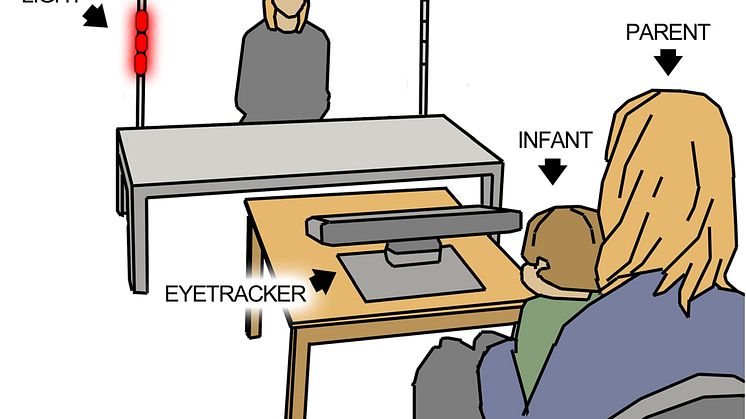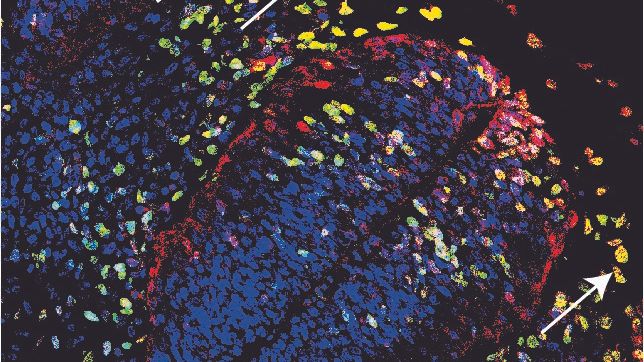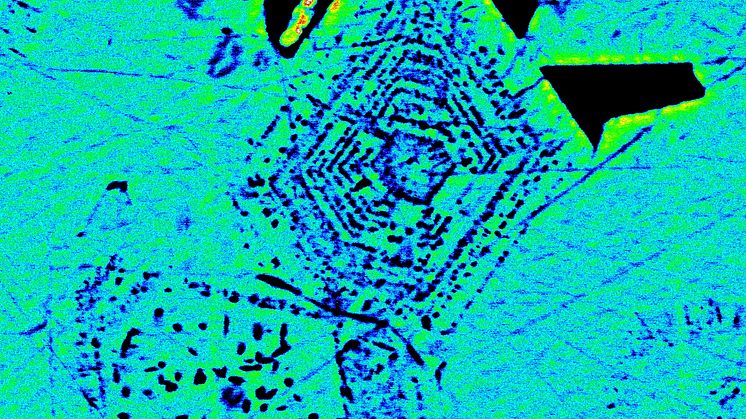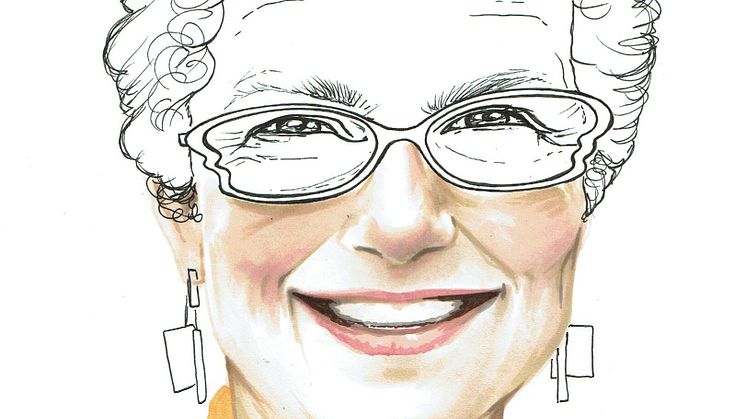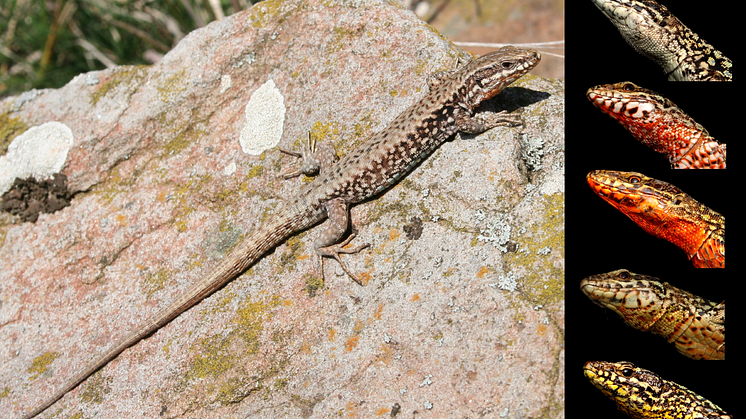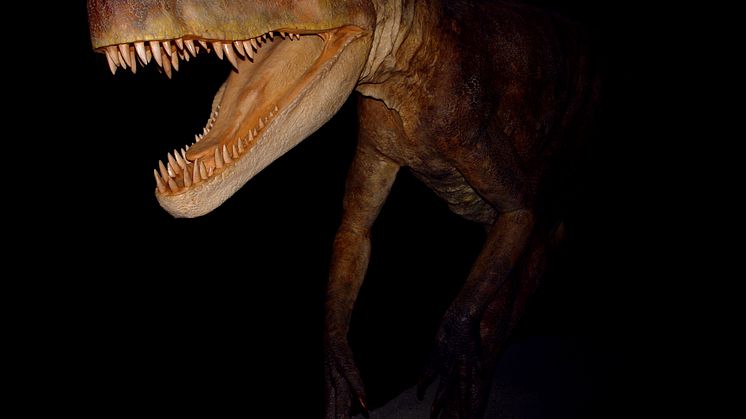New biomarker test improves diagnosis of ovarian cancer
The majority of women who undergo surgery for suspected ovarian cancer do not have cancer. A novel blood test developed by researchers at Uppsala University and University of Gothenburg, now offers the possibility of more precise diagnostics. This could lead to a reduction in unnecessary surgery and to earlier detection and treatment for affected women. (Communications Biology).
